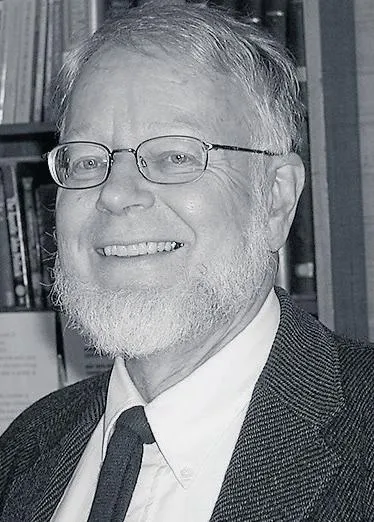
Joe Martin 1934 – 2019
Joe essentially pioneered what
is now a
thriving ministry
to Oxford’s graduate
students.
He grew up in Little Rock, Arkansas, in
the deep south of America. While studying
history at Harvard, he met Christians who
challenged his
recently-avowed
atheism.
Those
early days
in
the
Inter Varsity
Fellowship left him with a deep appreciation
of and commitment to student ministry.

Leaders who last
Vaughan Roberts’s talk from the Lausanne Younger Leaders Gathering in Indonesia over the Summer
I had two surprises when I started out as a pastor 25 years ago.